We may earn money or products from the companies mentioned in this post. This means if you click on the link and purchase the item, I will receive a small commission at no extra cost to you ... you're just helping re-supply our family's travel fund.
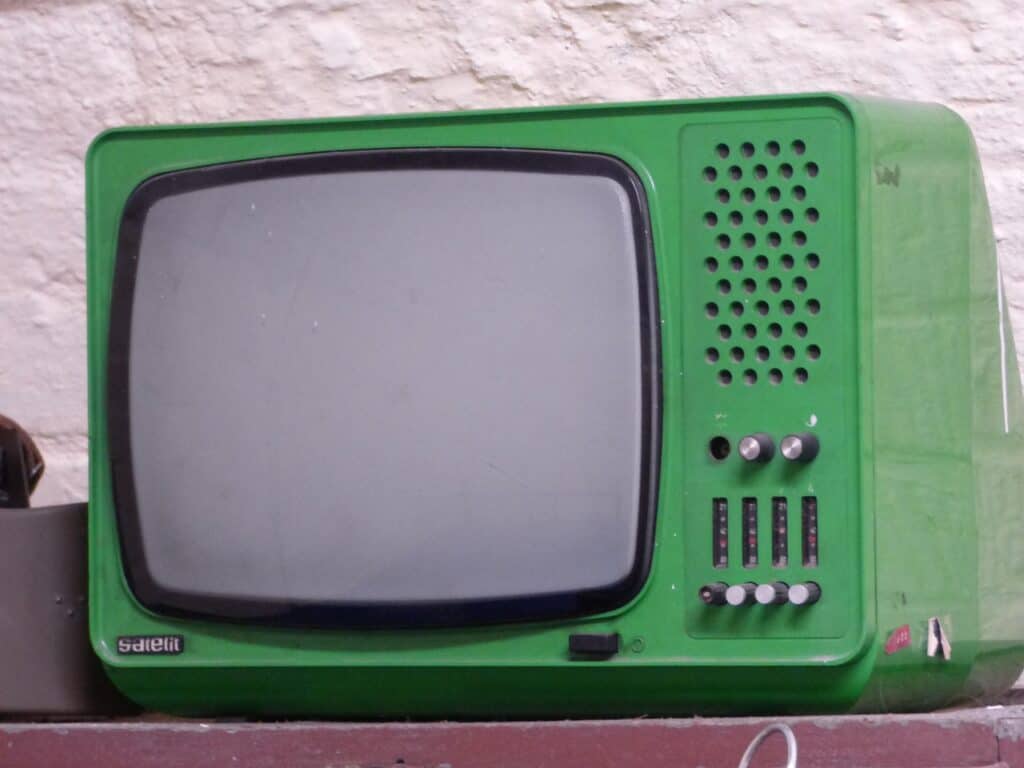
Renting a dumpster makes cleanup projects faster and easier, but tossing the wrong things inside can backfire. Certain items create safety hazards, break local disposal laws, or trigger expensive fines. Others cause long-term environmental damage if handled carelessly. Knowing what doesn’t belong in a dumpster saves you headaches and money while keeping your community safer. Before you start hauling out old junk, here are nine things you should never throw in a rental dumpster.
1. Paint and Paint-Related Products
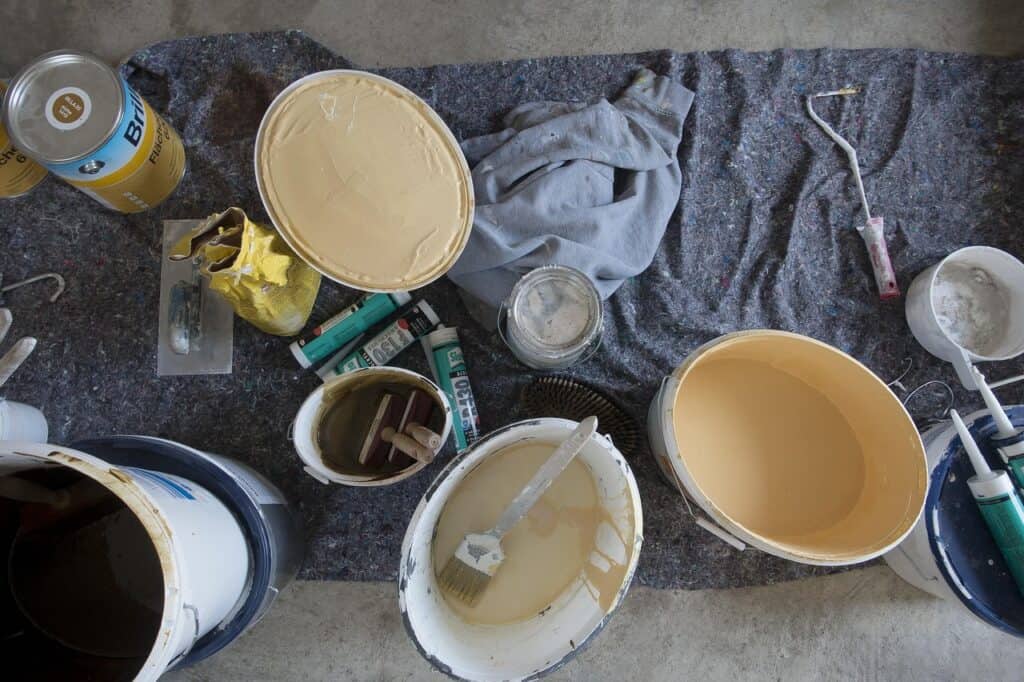
Paint cans, stains, and varnishes might seem like normal waste, but they contain chemicals that contaminate soil and water if tossed in a dumpster. Many areas treat leftover paint as hazardous waste, meaning disposal requires a dedicated drop-off site. Even empty paint cans can be a problem if residue remains inside. Instead of pitching them, check local recycling programs or hardware store take-back events. Properly handling paint protects the environment and keeps you from facing fines.
2. Tires
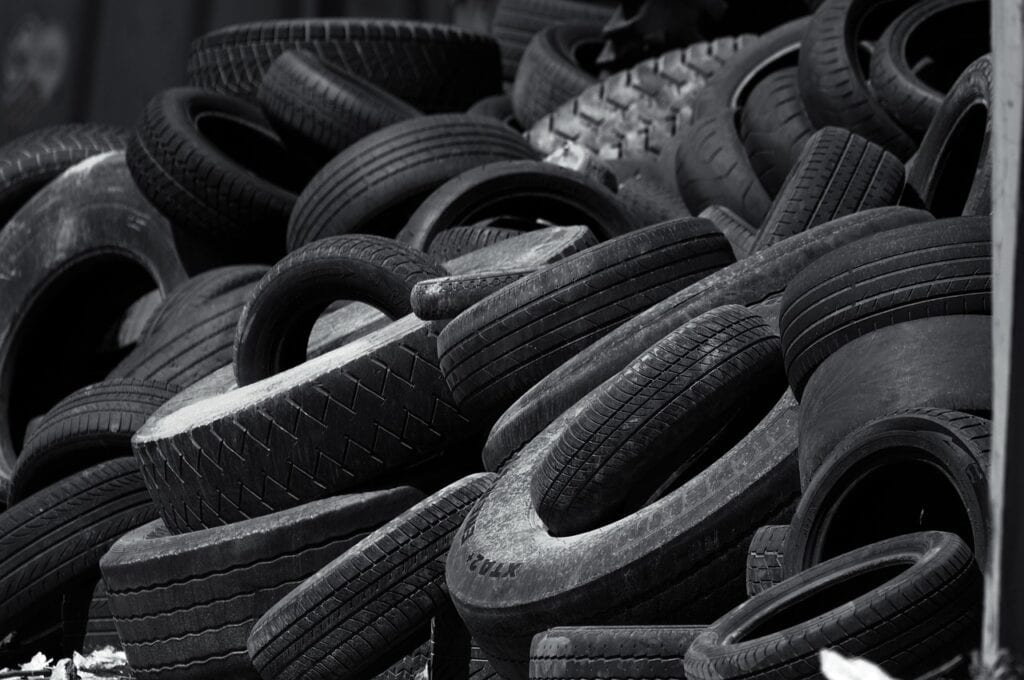
Dumpsters are not designed for tire disposal. Tires don’t compact easily, and landfills struggle to manage them because they trap gases and float back to the surface. Left unchecked, piles of discarded tires become breeding grounds for mosquitoes and fire hazards. Auto shops and recycling centers often accept old tires for a small fee, where they can be repurposed into rubberized asphalt, playground surfaces, or other materials. When it comes to tires, recycling beats tossing every time.
3. Electronics

Computers, televisions, and other electronics contain heavy metals like lead and mercury that leach into the ground if thrown into dumpsters. Beyond the environmental damage, improperly discarded electronics can violate e-waste regulations in many states. Most communities now offer e-cycling days or permanent collection sites for safe disposal. Some manufacturers and retailers also run trade-in programs. Dropping electronics at approved centers ensures valuable materials get reused and hazardous ones stay out of landfills.
4. Household Appliances
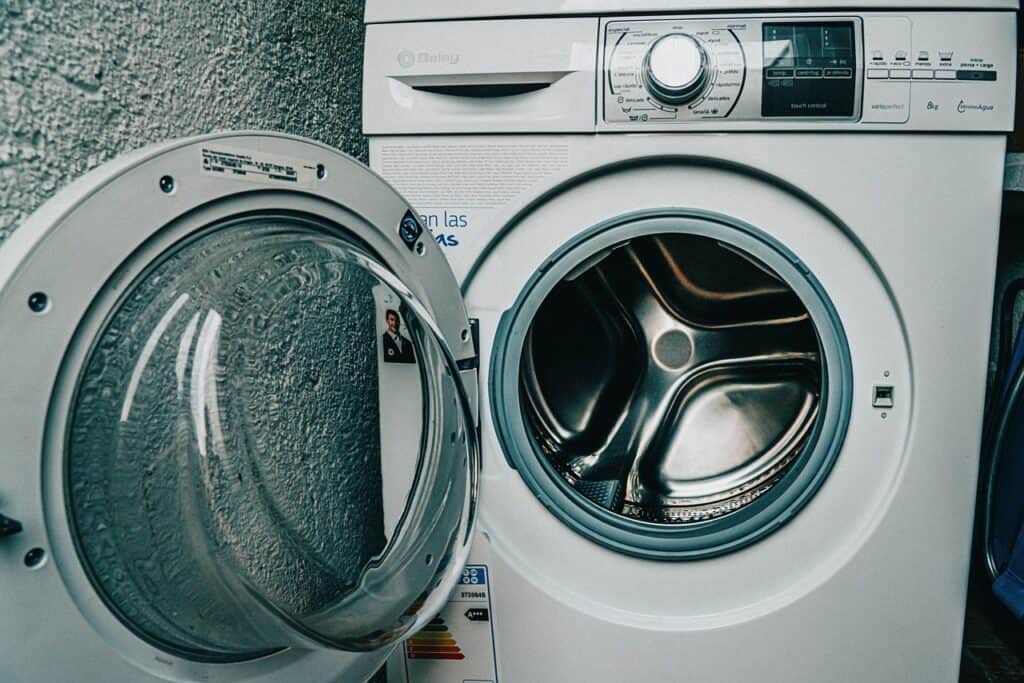
Refrigerators, freezers, air conditioners, and even smaller appliances often contain refrigerants or components that need special handling. Tossing them in a dumpster risks releasing harmful gases into the atmosphere. Many municipalities require proof of refrigerant removal before disposal. Some scrap yards or retailers even offer pick-up services for large appliances. Recycling appliances properly not only keeps harmful chemicals out of the air but also salvages metals and parts that can be reused.
5. Batteries
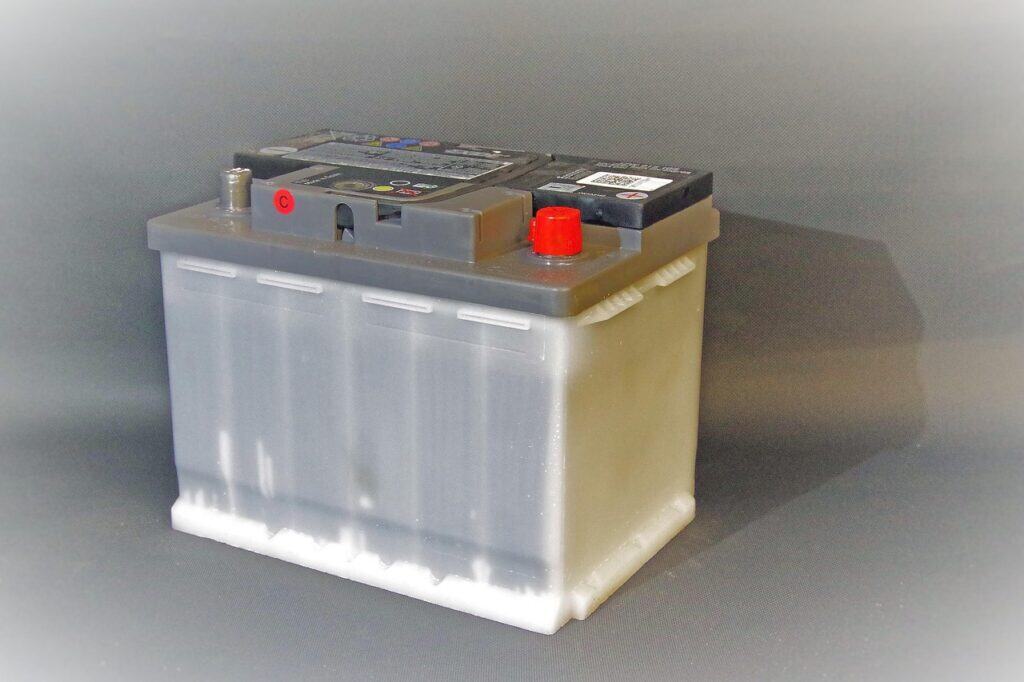
From car batteries to everyday AA cells, batteries are not dumpster-friendly. They leak toxic chemicals, including cadmium and lithium, which damage groundwater and soil. Car batteries are especially dangerous since they contain sulfuric acid and lead. Many auto parts stores will take them back for recycling, and smaller household batteries can usually be dropped off at designated bins in hardware or grocery stores. Safely recycling batteries reduces pollution and helps recover materials like nickel and cobalt.
6. Hazardous Chemicals
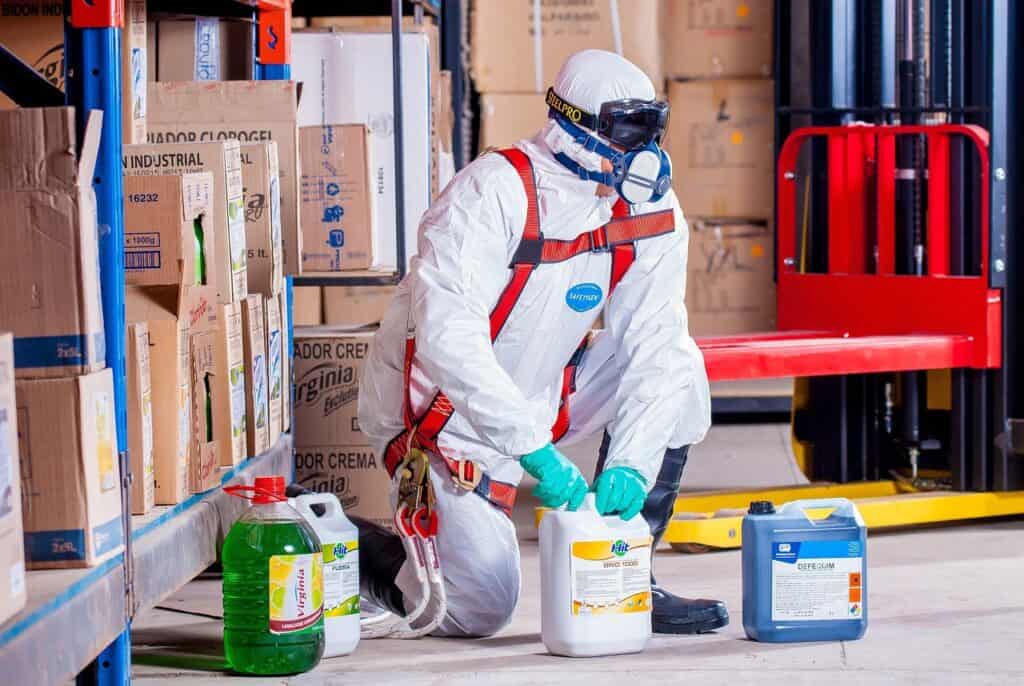
Bleach, pesticides, motor oil, and pool chemicals are never safe for a dumpster. These substances can react with each other or with other waste, creating dangerous fumes or even explosions. Most areas have hazardous waste facilities designed to process them safely. Keeping chemicals out of dumpsters isn’t just about following the rules; it’s about protecting sanitation workers, your neighborhood, and local waterways. If you need to get rid of leftover chemicals, use community collection programs.
7. Medical Waste
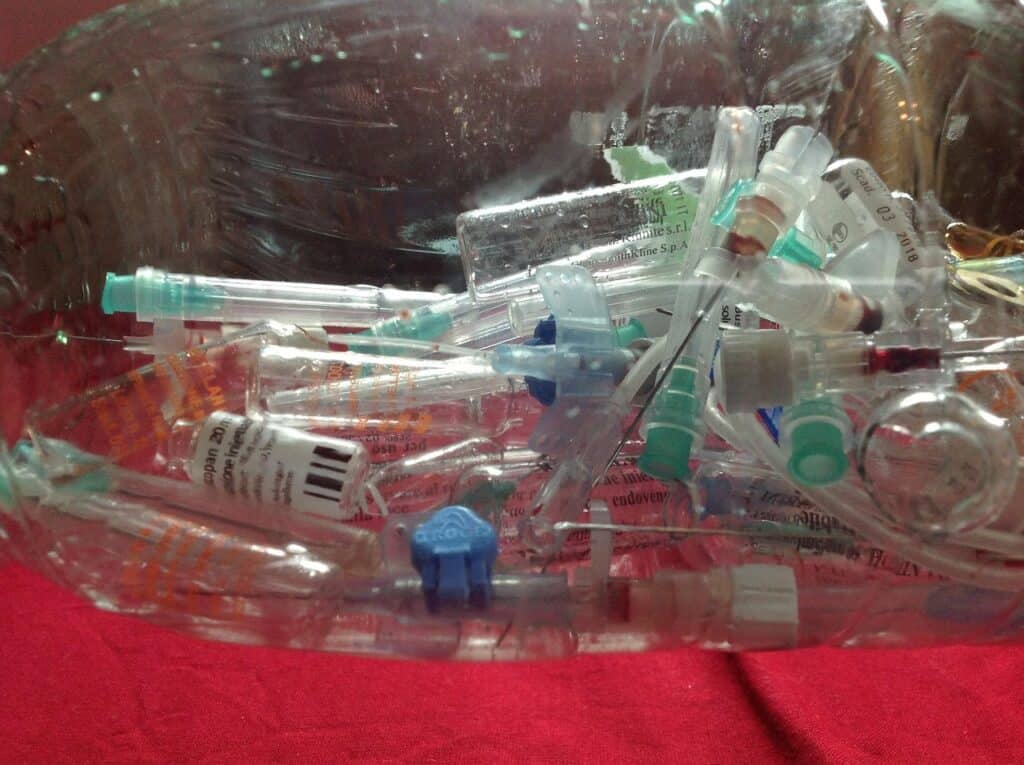
Needles, expired medications, and other medical waste don’t belong in dumpsters. Not only can they injure workers who handle trash, but they also spread infections if disposed of carelessly. Pharmacies often accept expired drugs, while local health departments provide safe sharps containers and disposal sites. Hospitals and clinics also run programs to collect medical waste properly. Following the right steps keeps dangerous items out of landfills and ensures they’re neutralized safely.
8. Mattresses

Mattresses take up a massive amount of space in dumpsters and rarely break down easily. Many waste haulers won’t accept them because they jam compaction equipment. Luckily, mattress recycling programs are expanding, turning foam, fabric, and metal springs into new products. Some retailers even haul away your old mattress when you buy a new one. By recycling instead of dumping, you reduce landfill strain and keep materials in circulation.
9. Propane Tanks
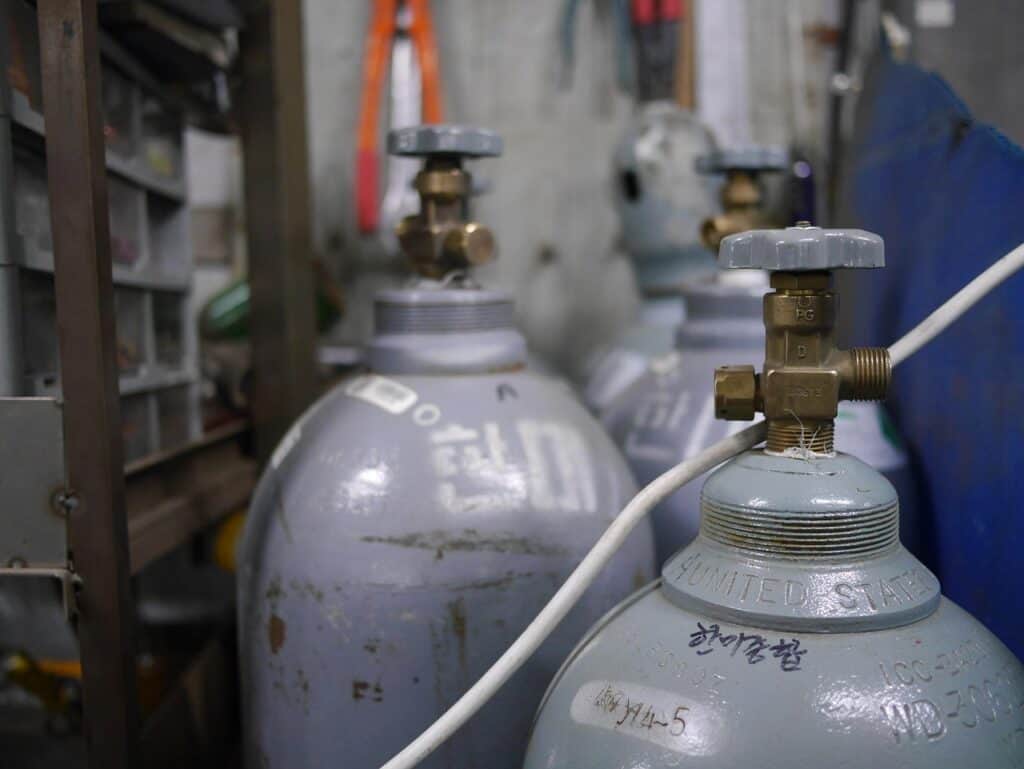
Propane cylinders, even when empty, pose serious risks in dumpsters. They can still hold residual gas that ignites or explodes when crushed. Most areas prohibit tossing them in any waste container. The safe route is to bring propane tanks to exchange stations, refill locations, or hazardous waste facilities. Some gas suppliers accept old tanks directly. By handling propane responsibly, you avoid danger and comply with strict disposal laws.